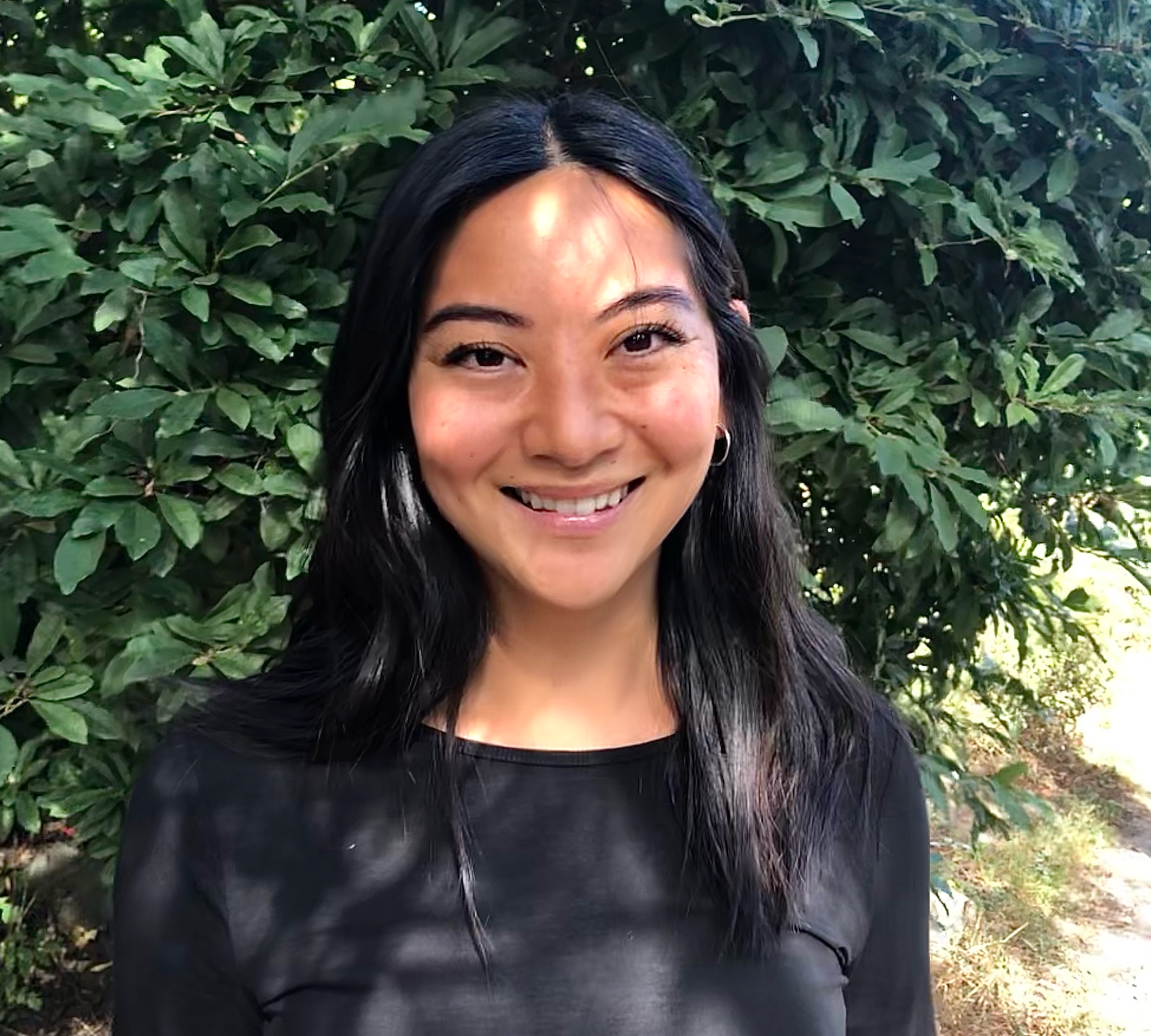Hometown: Victoria, BC, Canada
Academic & professional history
During Dr. Rachel Wong’s (she/her) PhD, she studied normal T-cell differentiation to gain insights into T-cell leukemia pathogenesis. Rachel then transitioned to a role as a Computational Biologist, where she focused on chromatin accessibility changes linked to immune cell activation.
What project(s) do you work on?
KMT2A-rearranged pediatric acute myeloid leukemia (KMT2A-r pAML) presents significant clinical challenges. Over 80 rearrangement partners have been documented, and this molecular diversity contributes to a wide spectrum of clinical outcomes. The mechanisms that shape treatment response across different rearrangement partner subgroups require further investigation. This project aims to define how rearrangement partners impact treatment outcomes by profiling single-cell transcriptomes and epigenomes at both diagnosis and relapse. By identifying molecular dependencies linked to poor treatment response across different rearrangement partners, we aim to reveal actionable targets to guide the development of more effective, personalized therapies.
How do you spend your time outside of the lab?
Outside of the lab Rachel is typically hiking, running, or making a video game!
Search for Dr. Rachel Wong, PhD's papers on the Research page
